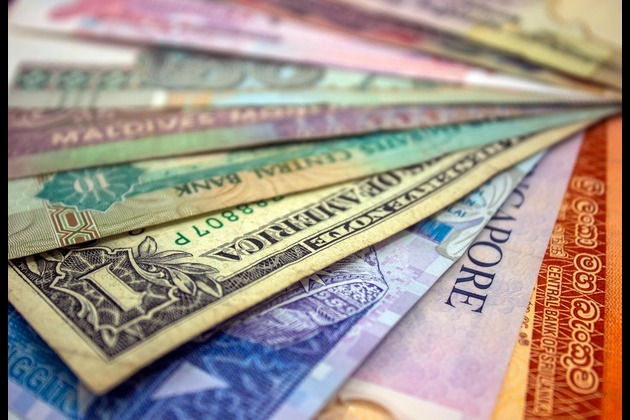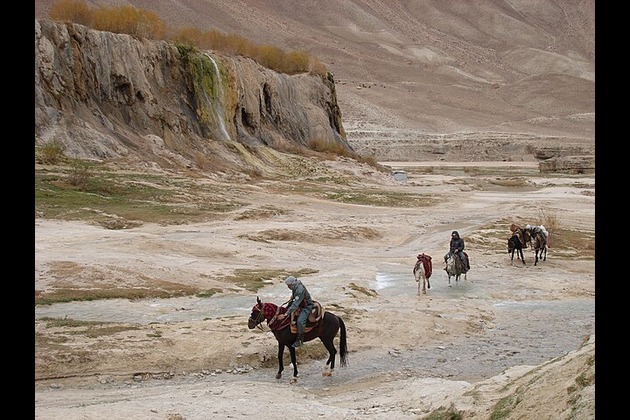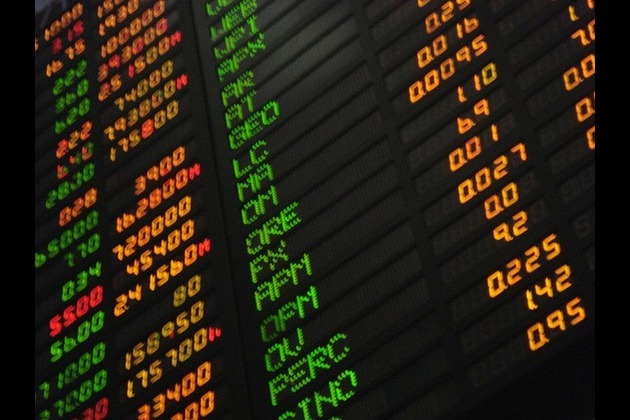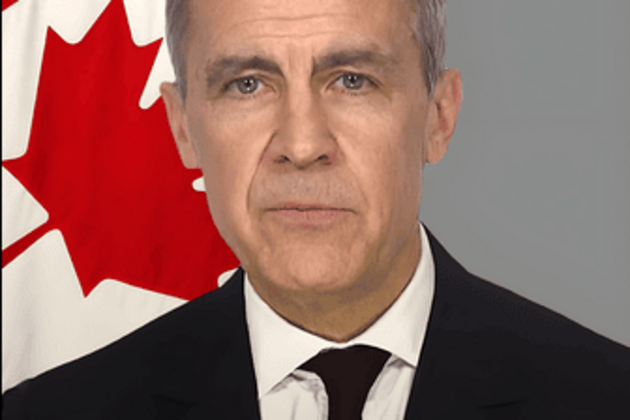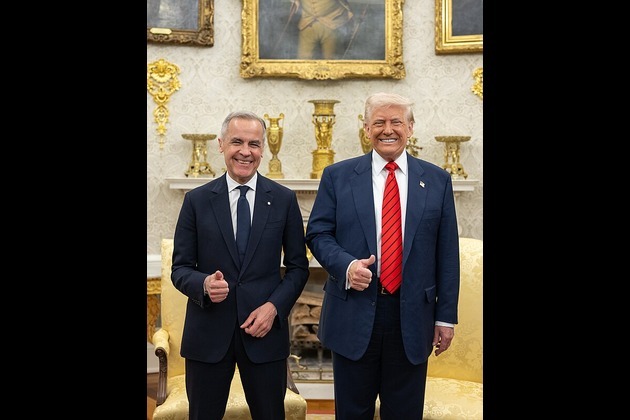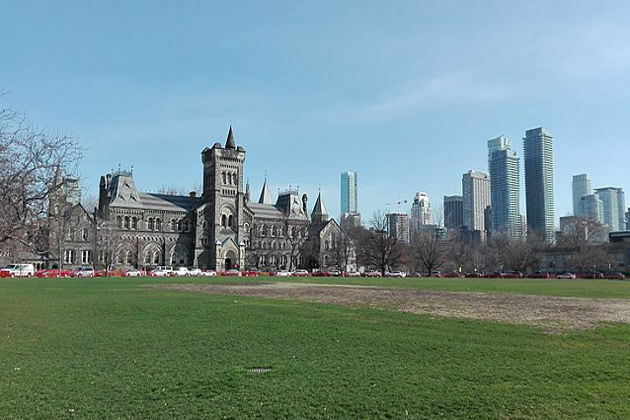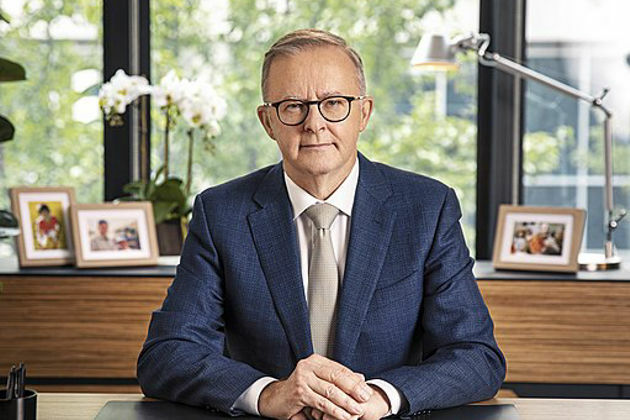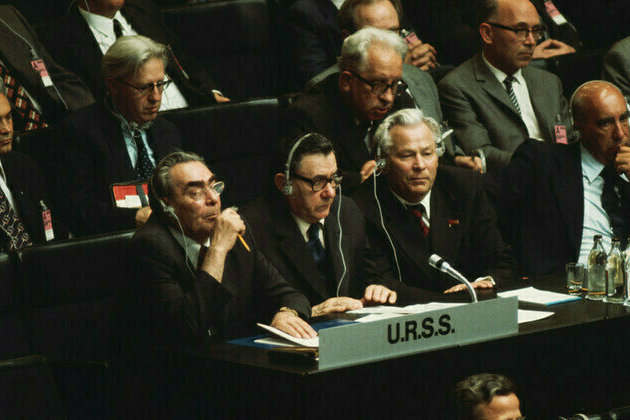OPEC, Russia Agree To Extend Cuts In Oil Output To Help Boost Prices
RFE
07 Dec 2019, 11:45 GMT+10
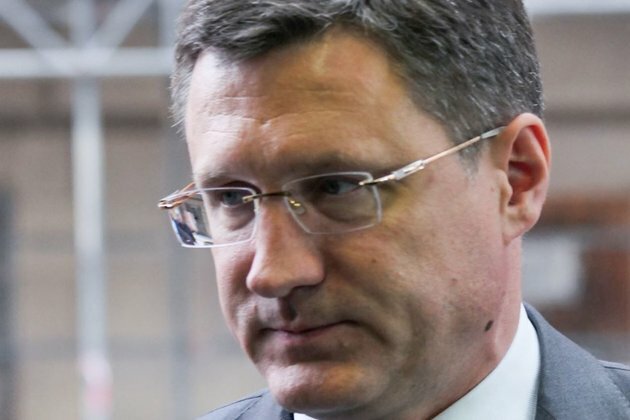
The OPEC cartel and its partners, including Russia, say they have agreed to cut oil production further as part of efforts to boost prices, as global supplies rise amid a global economic slowdown.
However, some doubts remain about the long-term effectiveness of the cuts agreed by the so-called OPEC+ group on December 6, with other nations not linked to the group -- including the United States -- continuing to pump oil products to the marketplace.
Russian Energy Minister Aleksandr Novak said from Vienna after the OPEC+ meeting that "we have decided to reduce production by 500,000 barrels a day through the first quarter of next year."
Those cuts will come on top of a reduction of 1.2 million barrels a day that the group has been mostly observing the past three years.
The reach the accord, the nations had to overcome disagreement over how to share the cuts among the 14 OPEC countries and non-cartel members, such as Russia, the world's second-largest oil producer.
Saudi Arabia has been carrying out the largest share of production cuts, but Russia and others, including economically ailing Iraq and Nigeria, have been pumping more than expected and reducing the impact on the overall market.
Despite some skepticism over whether all nations will comply with the cuts, oil prices did jump on the marketplace.
The price of oil had gained in recent days on expectations for the output cut, but after the announcement, the benchmark Brent crude price jumped 86 cents to $64.25 a barrel.
The new accord sets the output target at 1.7 million barrels a day lower than the level of October 2018.
Between them, Saudi Arabia and Russia will make nearly half the additional reductions.
Iraqi Oil Minister Thamer Ghadban told reporters that 'what will happen during the first quarter [of 2020] will be assessed during an extraordinary meeting' of OPEC and its partners in early March.
He suggested the cuts could be extended until the end of 2020 but that it was 'too early to say now'.
Countries not in the OPEC+ grouping were not part of the deal, and increased output from those nations could weaken the impact of the output cuts.
Oil production in the United States -- now the world's biggest producer in 2018 -- Brazil, and Canada are at record levels, while Norway plans to increase its production as well.
With reporting by AP, AFP, and TASS
Copyright (c) 2018. RFE/RL, Inc. Republished with the permission of Radio Free Europe/Radio Liberty, 1201 Connecticut Ave NW, Ste 400, Washington DC 20036
 Share
Share
 Tweet
Tweet
 Share
Share
 Flip
Flip
 Email
Email
Watch latest videos
Subscribe and Follow
Get a daily dose of Toronto Telegraph news through our daily email, its complimentary and keeps you fully up to date with world and business news as well.
News RELEASES
Publish news of your business, community or sports group, personnel appointments, major event and more by submitting a news release to Toronto Telegraph.
More InformationBusiness
SectionWall Street diverges, but techs advance Wednesday
NEW YORK, New York - U.S. stocks diverged on Wednesday for the second day in a row. The Standard and Poor's 500 hit a new all-time...
Greenback slides amid tax bill fears, trade deal uncertainty
NEW YORK CITY, New York: The U.S. dollar continues to lose ground, weighed down by growing concerns over Washington's fiscal outlook...
Taliban seeks tourism revival despite safety, rights concerns
KABUL, Afghanistan: Afghanistan, long associated with war and instability, is quietly trying to rebrand itself as a destination for...
Nvidia execs sell $1 billion in stock as AI boom drives record prices
SANTA CLARA, California: Executives at Nvidia have quietly been cashing in on the AI frenzy. According to a report by the Financial...
Tech stocks slide, industrials surge on Wall Street
NEW YORK, New York - Global stock indices closed with divergent performances on Tuesday, as investors weighed corporate earnings, central...
Canada-US trade talks resume after Carney rescinds tech tax
TORONTO, Canada: Canadian Prime Minister Mark Carney announced late on June 29 that trade negotiations with the U.S. have recommenced...
Canada
SectionCanada-US trade talks resume after Carney rescinds tech tax
TORONTO, Canada: Canadian Prime Minister Mark Carney announced late on June 29 that trade negotiations with the U.S. have recommenced...
Lululemon accuses Costco of selling knockoff apparel
Vancouver, Canada: A high-stakes legal showdown is brewing in the world of athleisure. Lululemon, the Canadian brand known for its...
Canadian tax on US tech giants dropped after Trump fury
WASHINGTON, D.C.: On Friday, President Donald Trump announced that he was halting trade discussions with Canada due to its decision...
Canadian option offered to Harvard graduates facing US visa issues
TORONTO, Canada: Harvard University and the University of Toronto have created a backup plan to ensure Harvard graduate students continue...
Australian PM rejects US pressure to ease biosecurity rules
SYDNEY, Australia: Australia will not ease its strict biosecurity rules during trade talks with the United States, Prime Minister Anthony...
Cold War diplomacy is dead. What lessons did we never learn
Fifty years after Helsinki, little remains of Europes security order In times of upheaval, it is tempting to draw comparisons with...


